I am no different than anyone else
… to be amputated," he said. A crumbling health care system Years of war and economic turmoil have corroded Sudan's health care system. In Khartoum and larger …
… to be amputated," he said. A crumbling health care system Years of war and economic turmoil have corroded Sudan's health care system. In Khartoum and larger …

… challenges, including limited access to health care, water, food, communications, … needs such as water, food, sanitation and health care. We also provided medical supplies …
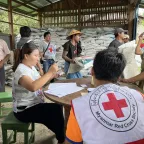
… Sudan will expand its primary and secondary health-care services (including mental health and … Government of South Sudan Healthcare in Danger International Committee of the Red Cross …
… Minister Landers noted the importance of the Health Care in Danger (HCiD) Project, which was piloted in …
… range from emergency aid like food and health services to helping communities build … in English, but for humanitarian health-care it transcends the barriers of language and … She thought we were putting the baby in danger with the CPR; clearly, she wasn’t aware …
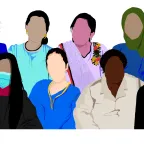
… facilities where hygiene is inadequate, health care unavailable and safety impossible to … safety, healthful food, sanitation, medical care, access to justice and humane treatment. …
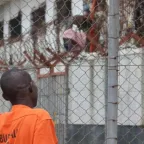
… children here have less food, clean water, health care and education than international standards … infrastructure – water, electricity and health care – are stretching the population’s …
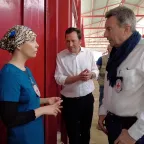
… essentials such as food, water and basic health care. Many are traumatized and fear going back to their ruined homes because of the danger that aftershocks will cause buildings to …

… ICRC is doing to put an end to attacks on health workers and patients, go to Health Care in Danger website Follow the ICRC on Facebook and …
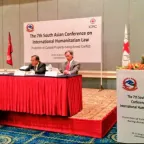
31-05-2022 Kyiv (ICRC) – A video filmed in our Mariupol office now circulating in some media is filled with false claims and baseless assumptions about the work of the International Committee of the …
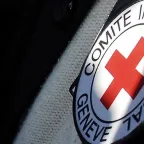
Try one of the following resources:
Created in 1863, the ICRC library, alongside the ICRC archives, provides an indispensable documentary reference on the organization itself and international humanitarian law.
International humanitarian law is based on a number of treaties, in particular the Geneva Conventions of 1949 and their Additional Protocols, and a series of other instruments.
Customary international humanitarian law consists of rules that come from "a general practice accepted as law" and that exist independent of treaty law.